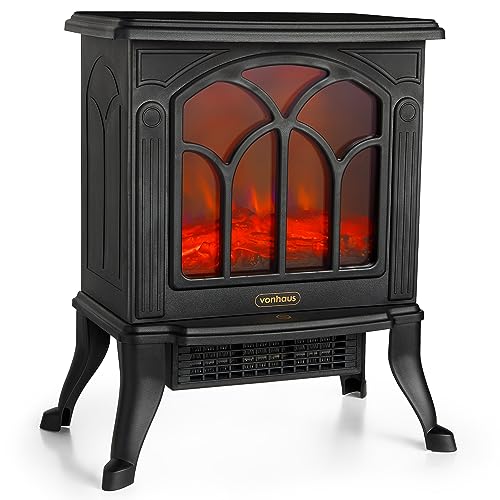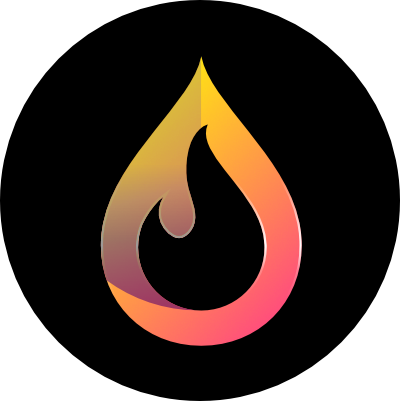This Is The New Big Thing In Fireplace
페이지 정보
작성자 Shoshana 댓글 0건 조회 340회 작성일 24-09-02 16:32본문
 What Are Fireplace Accessories?
What Are Fireplace Accessories?cheap fireplaces (navigate to this website) are a major feature of many homes they provide warmth and comfort all day and at night. They also add value and beauty to the home.
 Homeowners can take on most of these tasks regardless of whether your fireplace needs a facelift or some simple repairs. Certain jobs requiring gas services must be left to professionals.
Homeowners can take on most of these tasks regardless of whether your fireplace needs a facelift or some simple repairs. Certain jobs requiring gas services must be left to professionals.The Hearth
The hearth is the non-combustible flooring of an open fireplace or wood stove. It can be a raised area or just the foundation of the white fireplace. The term "hearth" is used to describe all the fireplace's components, including the firebox, the floor that is raised and mantel, as well as the chimney, is a common term. It is crucial to remember that there are specific fire safety regulations regarding the construction of the fireplace as well as its accessories. You should consult your local authority for more details.
Hearths are generally constructed of brick, stone or cement. They can be a focal point of any room. They are designed to protect against accidental fires that may be caused by stray embers, logs or embers. They can also be used to store fireplace tools, wood, and other items.
Archaeological studies have revealed that hearths played a significant role in early human life. Many believe that hearths provided food, light, warmth and security.
A hearth could be a source of serious health problems if it's not maintained properly. Smoke inhalation can increase blood nitrogen levels which blocks red blood cells (methemoglobinemia) from carrying oxygen to tissues. At high concentrations, it may cause nausea, dizziness and loss of consciousness.
Traditionally, hearths were constructed out of stone, but they are now made out of brick or concrete and come in various sizes and shapes. Some cooking fireplaces come with hearths that completely cover the wall and others are smaller and purely decorative elements that cover the fireplace's opening. The material used in the construction of the hearth can have a huge impact on its appearance cost, as well as its the resistance to heat.
The Surround
A fireplace surround (also known as a mantel) is the frame that is placed above the hearth and adds to the atmosphere of a room. Besides its aesthetic value, it is also a functional element since it keeps combustible materials away from the fireplace and reflects heat into the space. It can also be used as an area to store household items like mirrors or paintings.
There are different options depending on the type and size of the fireplace. Certain surrounds are not combustible, while others must meet the fire codes of the local and federal government in regards to clearance distances away from items that are combustible.
Some popular choices for surrounds include concrete, brick and stone. Some stone surrounds have decorative features such as bevels and bolection moulding. They may also feature plinths or cornices. These features can give an elegant appearance that can complement the style of the home.
Plaster is another alternative. It is an amalgamation of sand cement and water. It can be crafted to match any architectural style. For instance, a plaster surround can complement a Mission-style house.
Tile is the final option for a wall. Tiles come in a variety of colors and designs. It can be used as a decorative element to the surround or spread across the entire wall to create an impressive focal feature. Tile is a great choice for homes with a contemporary or modern style.
The surround is one of the first things that guests see upon entering a space. It is for this reason that it is crucial to select the right piece that will set the tone of your room and enhance your home's value.
The Firebox
The firebox is an area behind the fireplace stove opening, where a fire may be constructed and maintained. The firebox is usually enclosed by a chimney, allowing smoke to escape. These traditional structures typically burn wood, however they can also burn gas, such as natural gas or propane.
Regardless of what type of fuel you choose to use the firebox is the place the place where combustion occurs and must be properly maintained to ensure safety and efficiency. The firebox consists of a number of important parts. They include the grate and the fire poker and the air damper.
In addition to keeping the firebox and liner in good shape It is essential to clean out your fireplace regularly. Since it's constantly exposed to high temperatures, the inside of the fireplace will be matted with soot and ash which need to be removed. To do this, you can make use of a wire brush or a scraper to take off the caked on soot and ash.
It's also a good idea to utilize steel slag or steel to line the interior of the firebox to ensure long-term durability and longevity. These metals are resistant to corrosion and will not get rusty. They also offer more uniform heat distribution and last for longer.
You can also make your fireplace by adding decorative fire logs and lava stones. Some people opt for modern-looking decorative glass instead. Ensure that the fireplace you select is UL approved. This includes the fireplace, as along with any accessories or decorations you put on it.
The Burner
Burners are a common way to add warmth and beauty to any room. These fireplace accessories come in a variety of dimensions and shapes and shapes, making it easy to find one that is suitable for your home. Some come with remotes so you can control flames from any place in the house. Fire burners can be used indoors as well as outdoors, as they are safe.
There are many different types of burners, each with its own advantages and disadvantages. Some are more expensive than others, but they all provide a variety advantages for your home. Certain types of burners are safer than others ones, and some operate with or without chimneys. Whatever kind of burner you pick, always follow the instructions included in the manual. This will ensure the burner is properly installed and is in compliance to all local and state laws.
While burning wood is the most traditional way to enjoy an open flame, it's not always the most practical. Besides the fact that it's messy and inconvenient it also produces smoke and soot it creates can be harmful to you and your family. ethanol fireplace burners create water vapor, and extremely little CO2, which is more sustainable.
A fireplace can also prove useful in the occasion of an outage. In winter, trees be weighed down by the weight of snow and ice, causing them to fall and power lines to drop below. If the power supply is not working in your home, you can use the fireplace to stay warm and cook food. This is a great option for homeowners who are prepared for the unexpected.
The flu
The flue is a passageway inside a chimney which carries gases and smoke out of the house. It's also a crucial element of a secure and efficient fire. A flue generates a wind that draws air into the electric fire. This lets the fuel burn completely and reduces smoke.
The flue's draft stops the hot gases that are produced from the fire from escaping into your home. Instead they are taken out to cool. It is this regulated venting that prevents carbon monoxide poisoning.
Inspect your chimney on a regular basis for leaks and blockages. The flue pipe, which is a steel tube or duct that runs through the center of the chimney, must be cleaned using specific cleaning chemicals and equipment. The metal brush, a drill fitted with a brick bit and masking tape are needed to remove any soot or tarnish that has accumulated on the chimney's walls. flue pipe.
Close the flue when not using your fireplace to prevent the conditioned air from venting out. This can also stop rain or wind gusts entering the fireplace and damaging the wood stove or gas furnace.
The damper, located near the bottom of the flue pipe, or flue tiles and at the top of the fireplace, is able to be closed or opened with a latch or handle. It is designed to keep the flue open when a fire is burning, but it should be shut when not in use to reduce your energy bills and keep precipitation and animals out of your fireplace.
댓글목록
등록된 댓글이 없습니다.